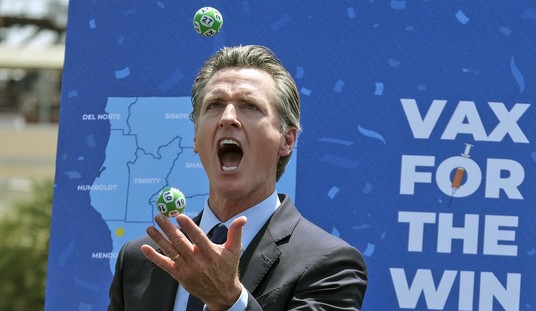In a column for the New York Times titled “The Austerity Debacle,” Paul Krugman, a Nobel laureate in economics, opined that austerity is driving European countries back into recession. He focused his attention on Britain, Italy, and Spain and said that government attempts to rein in spending in those countries are the exact opposite of what should be done:
“And it’s a failure, in particular, of the austerity doctrine that has dominated elite policy discussion both in Europe and, to a large extent, in the United States for the past two years…
Even so, surpassing the track record of the 1930s shouldn’t be a tough challenge. Haven’t we learned a lot about economic management over the last 80 years? Yes, we have — but in Britain and elsewhere, the policy elite decided to throw that hard-won knowledge out the window, and rely on ideologically convenient wishful thinking instead…
The infuriating thing about this tragedy is that it was completely unnecessary. Half a century ago, any economist — or for that matter any undergraduate who had read Paul Samuelson’s textbook “Economics” — could have told you that austerity in the face of depression was a very bad idea. But policy makers, pundits and, I’m sorry to say, many economists decided, largely for political reasons, to forget what they used to know. And millions of workers are paying the price for their willful amnesia.”
This is the problem with Krugman’s logic, and the thinking of like-minded liberal progressives for that matter: they forget that John Maynard Keynes, the originator of Keynesian economics, believed that governments should engage in deficit spending during recessions to counteract the effects of reduced private sector spending. He never suggested that deficit spending should become a way of life. Keynes’ thesis made a lot of sense in the 1930s during the Great Depression when he introduced the concept, and it would make sense today as well if it were not for the fact that governments have abused debt. In the early part of the 20th century, governments didn’t routinely spend more than they took in. Since the end of World War II, they have, and that difference is key.
As peculiar as this may seem to Krugman and his sycophants, Keynes’ theory was based on the simplest of principles – the kind of thing that any conscientious parent teaches his children: save for a rainy day. During good economic times, if you are prudent with your resources you’ll set money aside to deal with bad economic times when they come. But what if governments spend as though there will be no tomorrow, take on mountains of debt, and use up all of their debt capacity during good times? What will they do when their economies nosedive? That’s what happened, and getting out of this mess won’t be painless. This is the question: when will we face the facts and do what must be done?
Krugman’s solution is to continue borrowing willy-nilly, but as we know, there is a limit to how much debt a nation can afford to take on. If that issue was ever in doubt, the Standard and Poor’s downgrade of United States bonds in 2011 should have settled the matter. And the United States isn’t alone. Western countries across-the-board including Britain, Italy, and Spain have spent more than they should have, and in the absence of self-restraint, at long last rating agencies are imposing discipline.
In the latter part of the 20th century, Western governments turned deficit spending into an art form. So did their citizens, and it didn’t matter where we were in the economic cycle. The housing debacle was the pièce de résistance. Governments and their citizens threw caution to the wind and assumed massive amounts of debt with little or no regard for their ability to repay. Now it’s time to pay the fiddler. With debt loads already at highs not seen since World War II, there are no easy fixes.
Krugman posed this question: “Haven’t we learned a lot about economic management over the last 80 years?” The obvious answer is “no.” For the last 80 years, Western countries including the United States, Britain, Italy, and Spain to name just a few have habitually spent money they didn’t have on things they didn’t need and couldn’t afford during good times and bad times, and they paid for their excesses with borrowed money. That irresponsible behavior can’t continue. If we don’t put the brakes on spending now, when will we? In the world that Krugman and his liberal progressive followers inhabit, the answer is “never,” but they don’t live in the real world.









Join the conversation as a VIP Member